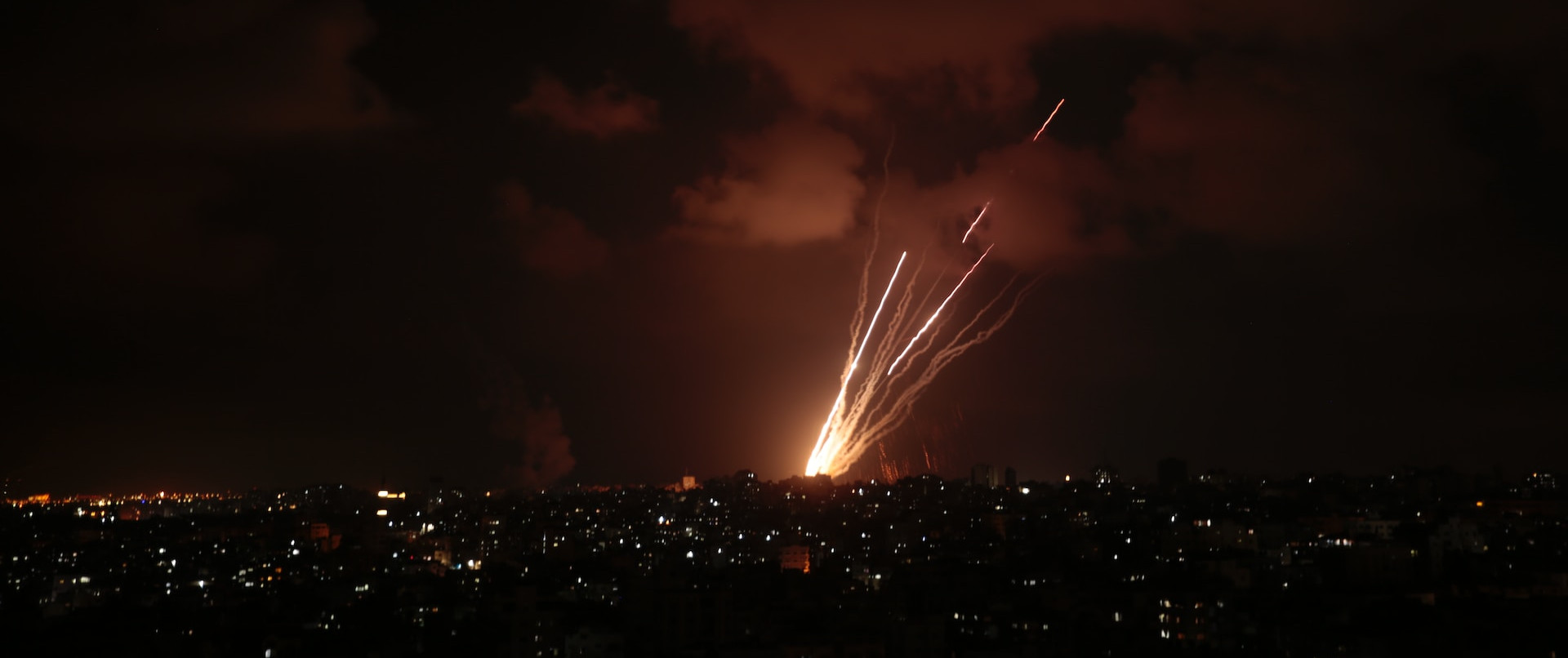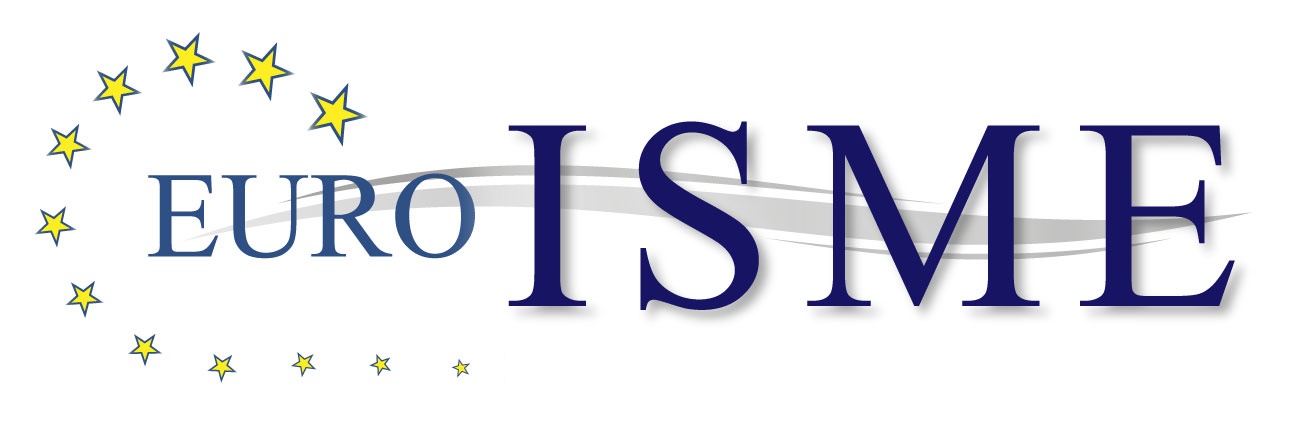By Vedran 'Maz' Maslic
As though the invasion of Ukraine or the many simmering conflicts across the Middle East, Africa, and parts of Southeast Asia weren’t enough, we are now watching as a globally divisive and deeply emotional war between Israel and Hamas takes shape, exponentially increasing the risk of a regional and even a world war. I was recently invited to provide some comments on this unfolding catastrophe on Sky News Australia but due to time constraints, I couldn’t get my entire message across. I try to capture my sentiment more completely here.
Namely, Hamas set a trap for Israel when they committed those atrocities against unarmed civilians on October 7th. They absolutely must have counted on an overwhelming and violent response from Israel. However, by taking the 240+ hostages, they have limited the IDF’s ability to engage in a ground attack, the success of which requires time for intelligence collection, planning, and rehearsals. They also know from experience that Israel is prepared to pay a high price in exchange for their own (in 2011 Israel exchanged 1000 Palestinian prisoners for one IDF soldier—Gilad Shalit). The result is that Israelis have had to rely on aerial bombardment to exact their 'vengeance' (Netanyahu’s words), which continues to cause extraordinary casualties in Gaza. As the seemingly wanton destruction of entire suburbs continues—New York Times analysis estimates that a quarter of all buildings in Gaza have been damaged or destroyed—so does the erosion of Israel's moral high ground. Ultimately, this is what Hamas wants. They don’t care if Palestinians die. In fact, the more of them do, the stronger the resistance to Israel becomes not only locally but also regionally and globally as evidenced by the Houthis’ declaration of war, Hezbollah’s increased activities, Iran’s posturing as well as the increasingly volatile protests and attacks on jews around the world.

A few days ago, as Netanyahu announced that Israel has moved into the second phase of its ‘Second War of Independence’—a significant statement given that the first was in 1948 and is known by Palestinians as the Nakba (catastrophe)—Israeli Defence Forces have commenced ground incursions into northern and central parts of Gaza. These ground operations are shadowed by continued bombardment of densely populated areas across Gaza, resulting in increasing civilian casualties. Most-notable, over the past few days at least, have been the multiple bombings of the Jabalia refugee camp in Gaza, which traded the lives of potentially up to 200 civilians for the life of a key Hamas leader. While Israel deems this as justifiable ‘collateral damage’, lawyers at the International Criminal Court are taking notes. And they should. Such disproportionate calculations driven by rage, as understandable as they might be, are almost-certainly constituting war crimes. No matter how just your cause may be, denying the very same humanity to civilians that was denied to Israel’s own dead on October 7th, is a path that leads only to further death and destruction. Here I’m reminded of General Stanley McCrystal’s anecdotal ‘insurgent math’—for every innocent death, ten more martyrs are ‘born’ and ready to turn against those doing the killing.
It is important to emphasise that what we’re witnessing in Gaza is the result of large scale and systematic dehumanisation. As explained by Professor David Livingstone Smith in our most-recent episode as well as his own blog, the flames of this moral drift are fanned by alarming language used, among others, by senior Israeli leaders. Netanyahu’s ‘bloodthirsty monsters’ or Yoav Gallant’s ‘human animals’ are just a few examples, and while they might seem like fitting descriptions of vile terrorists, such descriptions aid in the neutering of our innate resistance to killing fellow humans. When you’re killing monsters, or something incoherent as a ‘human animal’, well, you’re protecting the innocent who can’t defend against such unearthly evil. More to the point, there is a moral imperative to act, lest those un-humans get us all! We’ve seen this type of rhetoric time and time again during history’s darkest moments like the Holocaust, the Rwandan genocide, or in Bosnia. As David reminds us, words matter, and when used in such a manner they tend to precede grave inhumanity and escalate the risk of war crimes.
To prevent this tragedy from descending into darker pits yet, we need an immediate ceasefire and return to any form of dialogue. And this is on the world. Yuval Noah Harari, the Israeli historian, explained it well in several recent interviews where he claims that this task cannot fall on the shoulders of the Israelis or the Palestinians. Both communities, both social groups, are hurting profoundly right now. We cannot expect them to have the cognitive bandwidth to look for a solution beyond the barrel of a gun. He also reminds us that all peace treaties come from compromise, and not absolute justice. Neither the Israelis nor the Palestinians can hope for an idealised form of ‘absolute justice’. In the continuous causal chain of death and destruction, there is always an atrocity that precedes the last one. There is always one more injustice that remains unaddressed. To cross such divides requires diplomacy, wisdom, patience, and genuine will to find a mutually agreeable solution. Although many, especially within Israeli government, wanted to pretend that the Palestinian question no longer mattered (just think back to Netanyahu’s map at the UN highlighting the whole region as Israel), Hamas has forcefully and abhorrently reminded the world, and most-painfully Israel, that this is far from the truth.
Importantly, regardless of how this unfolds, let us remember that behind those suffering, regardless on which side they might be, there are decades and decades of trauma that can never be captured by numbers depicted in death tolls and images of destroyed homes. The scars of this war, of any war, run deep in the veins of those forced to endure it. A few days ago, due to its continued relevance, I reposted some of my personal reflections on this topic, which I originally released on World Refugee Day last year. You can hear those here.
About the author: Vedran 'Maz' Maslic is a globally experienced leader with 20+ years in military, entrepreneurial, and academic roles. He is actively engaged in facilitating training in interpersonal and intercultural communication as well as ethics to specialist intelligence capabilities within the Australian Army. He also founded and hosts 'The Voices Of War' podcast, which seeks to add nuance to our discussions of war and conflict.
Picture Credit: Mohammed Ibrahim on Unsplash (cropped).
